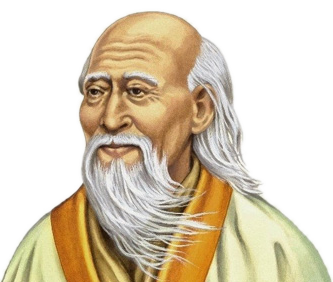

Tao Te Ching
A Zen/Vajrayana/Shambhala-based translation/interpretation

Lao Tzu’s wisdom runs deep – to the source of all things, to that which exists before color and form, to the wisdom beyond words.
Though one, the expression of wisdom filters through many cultures, many different historical contexts, many different eyes and sets of experience.
For this reason, what Lao Tzu says about words applies even more to translations. Just as words can never capture the breadth of experience, translations can never capture the essence of the original and as translators like – or don’t like – to remember, “All translators are traitors” (to the original meaning). In the case of the Tao Te Ching, this sentiment is multiplied because the words themselves are considered traitors to reality long before translators get involved and proliferate the problem.
This translation tries to understand and stay as true as possible to the original meaning without using Lao Tzu as a “Rorschach ink block” to project or promote a personal, cultural, religious, or philosophical point of view. Inevitably though – although these words are taken from a multiplicity of translations, commentaries, and contemplations – it remains colored by viewpoints in this particular historical context. The attempted focus here is less on what Lao Tzu actually wrote, more on what he meant; and most of all, what his insight might mean for our 21st Century era.
— Shan Dao 山道